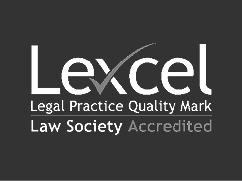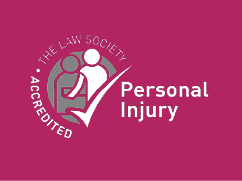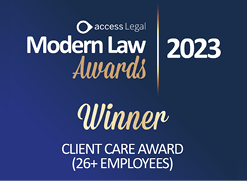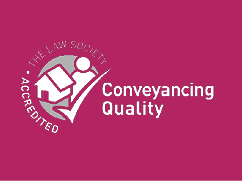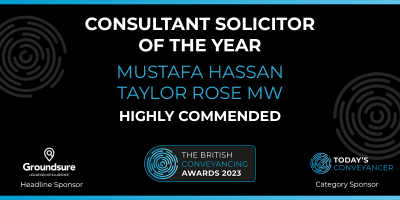Blogs
Selective licensing - risks for Landlords

FAYE NAYLOR >
NQ Solicitor
Wed 13 March 2024
Selective licencing is becoming increasingly common and is something that landlords and tenants of residential premises need to be aware of as there can be significant consequences if there isn’t a selective licence place when there is a requirement to do so.
What is selective licensing?
Selective licensing is where either the whole area of a local authority or a specified part of it, is subject to a designation under powers vested in it by the Housing Act 2004. Once an area has been designated, it is compulsory for landlords of all non-exempt, private rented accommodation in that area to obtain a licence from the local authority for their property and there are adverse consequences for the landlord in not doing so. Selective licensing is an additional requirement to any other licences that might be required by a landlord to rent a property (e.g. a HMO licence).
Section 80 of the Housing Act 2004 sets out the situations where local authorities are able to designate areas to selective licensing requirements. These include:
- Low housing demand or there is likely to be such lack of demand;
- A high amount of persistent, significant anti-social behaviour;
- A high proportion of private rented sector properties.
When a local authority proposes to designate an area for selective licensing, it will be designated as such upon the approval of the Secretary of State (where necessary).
Many landlords with properties in areas designated for selective licensing can be unaware of the requirement as, although local authorities are required to place the notice on their website, a public notice board at one or more municipal buildings within the designated area (or if there are no such buildings within the designated area, at the closest of such buildings situated outside the designated area) and in at least two local newspapers, this can easily be missed. Local authorities are also required to notify interested parties (such as managing agents, estate agents within the designates area, local law centres, Citizens’ Advice etc).
Landlords should therefore ensure that they are regularly checking these sources of information for any changes that may apply to their properties.
Consequences of not having a selective licence in place
The potential consequences for landlords not having a selective licence in place include the following:
- A fine on conviction;
- Civil financial penalty up to £30,000;
- Tenant(s) claiming rent repayment orders (‘RRO’)
- Landlord’s being prevented from issuing a notice seeking possession under section 21 of the Housing Act 1988 while the property remains unlicensed or a temporary exemption certificate has been obtained.
How can we help?
Whether a breach has already occurred or general advice is needed about how to comply with the requirements of selective licensing we can assist.
By way of example we recently acted for a landlord where they were unaware of the requirement for selective licence for their property and the tenants made an application to the First Tier Tribunal for a RRO for the period that a selective licence wasn’t in place (many thousands of pounds of rent received over several months). We helped the landlord to negotiate a settlement with the tenants before the Tribunal hearing of the claim and the application was withdrawn.
We can assist both landlords and tenants if they require advice regarding the section 21 procedure in conjunction with selective licensing or on RROs. We can also advise landlords who are facing civil claims being brought by the local authority for failure to comply with selective licensing requirements.











